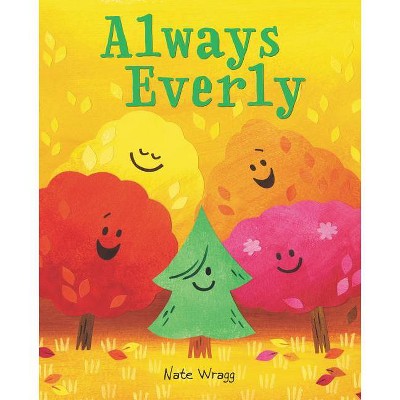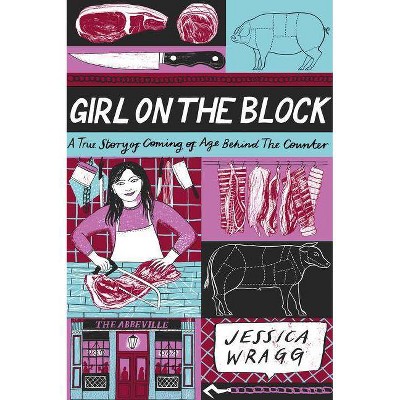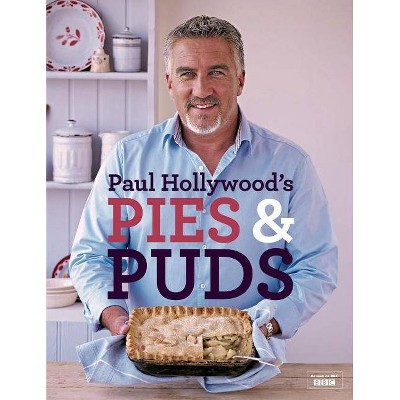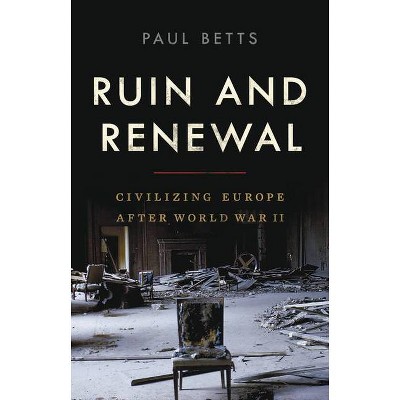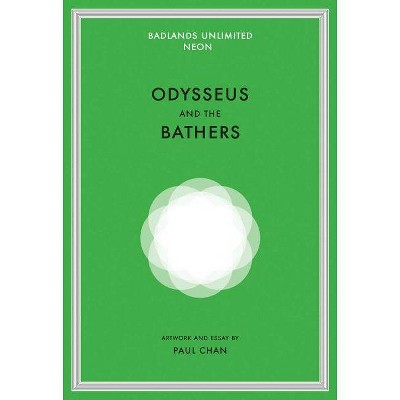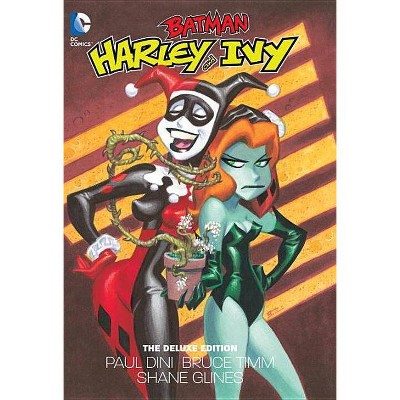A Free and Regulated Press - by Paul Wragg (Hardcover)
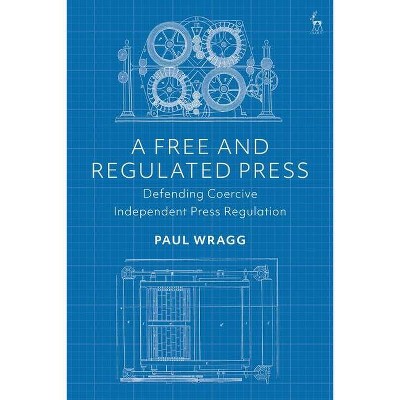
Similar Products
Products of same category from the store
AllProduct info
<p/><br></br><p><b> About the Book </b></p></br></br>"This thought-provoking monograph provides a systematic, philosophically-grounded reconceptualisation of press freedom and press regulation. In a major departure from orthodox norms, the book argues that press freedom and coercive independent press regulation are not mutually exclusive; that newspapers could be made to compensate their victims, through regulation, without jeopardising their free speech rights; that their perceived public watchdog status does not exempt them; and, ultimately, that mandatory press regulation is not unconstitutional. In doing so, the book questions our most deeply-held, intuitive beliefs about the press and its role in society. Why do we say the printed press has a duty to act as a public watchdog when there is no legally enforceable apparatus by which to ensure it does? Why does government constantly recommend that the press regulate itself when history shows this model always fails? Why do victims of press malfeasance continue to suffer needlessly? By deconstructing the accepted view of press freedom and mandatory regulation, this book shows that both are deeply misunderstood. The prevailing notion that the press must serve the public is an empty relic of Victorian ideology that is both philosophically incoherent and legally unjustifiable. The press is obliged to make good, not do good"--<p/><br></br><p><b> Book Synopsis </b></p></br></br>This thought-provoking monograph provides a systematic, philosophically-grounded reconceptualisation of press freedom and press regulation. In a major departure from orthodox norms, the book argues that press freedom and coercive independent press regulation are not mutually exclusive; that newspapers could be made to compensate their victims, through regulation, without jeopardising their free speech rights; that their perceived public watchdog status does not exempt them; and, ultimately, that mandatory press regulation is not unconstitutional. In doing so, the book questions our most deeply-held, intuitive beliefs about the press and its role in society.<br/><br/>Why do we say the printed press has a duty to act as a public watchdog when there is no legally enforceable apparatus by which to ensure it does? Why does government constantly recommend that the press regulate itself when history shows this model always fails? Why do victims of press malfeasance continue to suffer needlessly? <br/><br/>By deconstructing the accepted view of press freedom and mandatory regulation, this book shows that both are deeply misunderstood. The prevailing notion that the press must serve the public is an empty relic of Victorian ideology that is both philosophically incoherent and legally unjustifiable. The press is obliged to make good, not do good.<p/><br></br><p><b> Review Quotes </b></p></br></br><br>In <i>A Free and Regulated Press</i>, Paul Wragg offers an original theoretical perspective that challenges a widely held understanding of media freedom. The book then sets out a fresh rationale for press regulation that is rooted in accountability. This is an important contribution to the literature on media freedom, which will interest media scholars and provide an important reference in future debates on media policy.<br/>Jacob Rowbottom, Professor of Law, University of Oxford<br><br>In both its breadth and its depth, this intellectual <i>tour de force</i> of press freedom's history of ideas is unrivalled in legal literature... This book makes a strong and convincing contribution to the debate on freedom of the press and its limits. It will hopefully not only receive the academic praise it deserves, but also the attention of policymakers and practitioners. Anyone working in the area of press freedom and regulation must engage with Paul Wragg's ideas and observations. Failing to do so would be an inexcusable omission.<br/>Jan Oster, Assistant Professor of EU Law and Institutions, Universiteit Leiden<br><br>Wragg's book-impressive in both scope and depth of analysis-is set to make a timely, novel, and much-needed contribution to the international press-regulation literature and to spur important debates about the basic values that undergird our thinking in the field. In a scholarly space in which much of even the best work is rooted in outcome preference or policy particulars, this manuscript offers a refreshing intellectual integrity and tackles the much larger and more important task of examining the core philosophical foundations of our most pressing media-freedom questions. I anxiously await it as a reference that I am sure I will cite with frequency, and I know for certain I am not alone in this assessment.<br/>RonNell Andersen Jones, Professor of Law, University of Utah<br><p/><br></br><p><b> About the Author </b></p></br></br>Paul Wragg is Associate Professor of Law at the University of Leeds.
Price History
Price Archive shows prices from various stores, lets you see history and find the cheapest. There is no actual sale on the website. For all support, inquiry and suggestion messagescommunication@pricearchive.us
